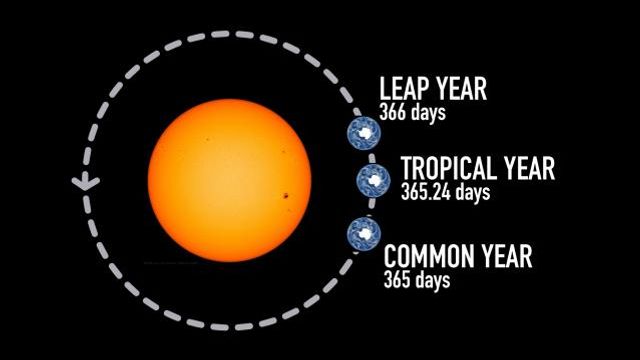How many of you were born on Feb. 29? Well, happy upcoming birthday, 2024! You get to celebrate in your actual birth month, not your surrogate party day, March 1.
An extra day to play
Leap year is upon us, giving us a chance once again to get some extra stuff done and ponder one of nature’s cycles — in this case, the ongoing role of Earth spinning through the days and revolving around the years.
Every four years, we add an extra day to the calendar, tacked onto the end of February. Why bother? Why not just celebrate the textbook 365 days every year?
Earth’s clock ticks to its own rhythm
The answer is that Earth doesn’t keep perfect time like your smartphone does (neither does your smartphone, really, but it periodically syncs to a highly accurate atomic clock time to give you that impression). And, like your smartphone aligning itself to atomic time, Earth and the solar calendar must be occasionally synched to make up the difference.

The solar calendar is based on the seasonal cycle of the sun and Earth, where natural events like the winter and summer solstices, or the vernal and autumn equinoxes, happen on the same calendar days every year. And the calendar would remain in step with those events if Earth actually took exactly 365 days to go around the sun. Noon on the winter solstice would take place every 365 days without fail, and that would be that.


